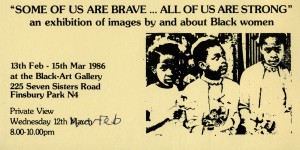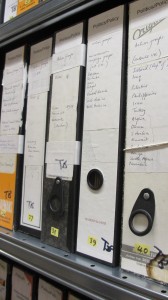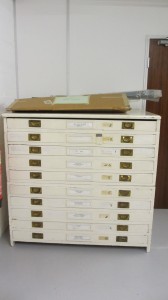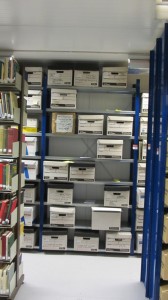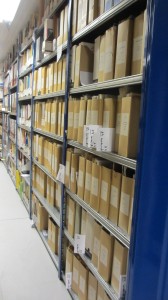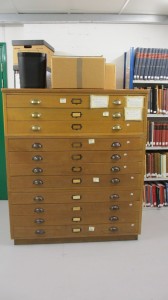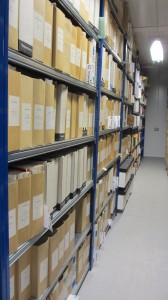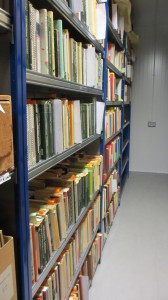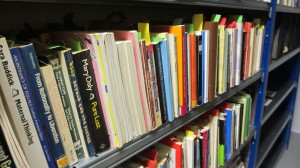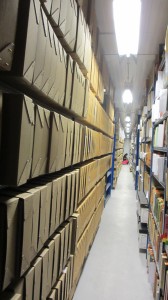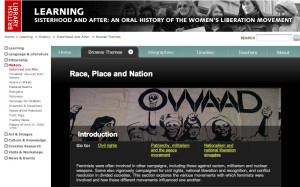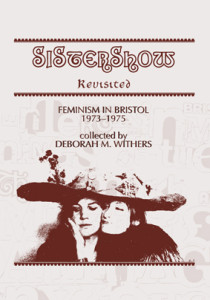Have you ever felt confused about where to go to research feminist and women’s history in the UK? Like you had a feeling there are specialist libraries and archives, but you aren’t sure which ones to go to, or when to go because opening hours can be limited?
Its true that many archives and libraries are in a precarious position, largely due to a lack of funds to support this crucial part of the UK’s cultural heritage. This often means that opening hours can be limited, or access restricted. The Women’s Library in London is currently moving to LSE and of course our own archive is still adjusting to our move to Bristol University – and that was almost four years ago!
In this new feature on the Feminist Archive South website, we have contacted curators and archivists based at the main feminist archives in the UK, or in other specialist archives which have prominent collections relating women’s activism.
We want to get a picture of the current archive/ library landscape, and learn about the challenges these institutions are facing, and what hopes they have for the future.
The first person to get back to us was Hannah Ishmael, Assistant Archivist at the Black Cultural Archives in London. Thanks Hannah for getting the ball rolling!
1. What is the name of your collection, and where is it based?
Black Cultural Archives, based at 1 Othello Close, Kennington. We will be moving to Windrush Square, Brixton in 2014.
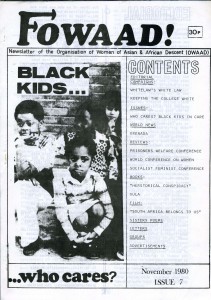
Front cover of Fowaad, the newsletter of OWAAD. Please credit: Ref. DADZIE/1/8/1 (c) Stella Dadzie, available at Black Cultural Archives.
2. If I wanted to access the collection, what would I need to do (when is it open, etc)?
We are open every Wednesday, from 10:00-16:30, by appointment. Please email the reading room, [email protected] for more information.
3. What type of things are collected in the BCA related to the black women’s movement, and black women from 19th Century to the present day?
We have a number of collections relating to the Black women’s movement. One of the most used collections is the oral histories of the Black women’s movement from the late 1970s and early 1980s. The collection contains 36 interviews with women from a range of backgrounds, but who were active in the Organisation of Women of Asian and African Descent (OWAAD) that was an umbrella organisation for a number of other Black women’s groups.
We also have the papers of Stella Dadzie, co-author of The Heart of the Race, relating to her work with OWAAD and her student activities; a small collection of the papers of Suzanne Scafe, another co-author of the Heart of the Race, and the papers of Jan Mckenley another key activist.
Finally, we have the papers of the Runnymede Trust, a race relations think tank which contains a number of research files relating to issues facing ethnic minorities, and women.
4. Do you have a favourite part of the collection, and why?
Although I find all of the collections fascinating, I do enjoy listening to the oral histories. They offer a rare chance to listen to women exploring their identity and history, and to give a more human voice to the struggles of women.
5. What are the plans for the collection in the future?
We are continuing to collect a wide variety of material, to build our collections and to be able to fully present the contributions Black people have made to the culture, society and heritage of the UK.
6. Anything else you want to say about your activities?
The opening exhibition for Black Cultural Archives in Brixton, will be focusing on the Black women’s movement, and taking the book ‘The Heart of the Race: Black Women’s Lives in Britain’ (1985) as the inspiration.
***
If you are part of an archive, library or work in an archive relating to women’s history and want to be featured on this website, please get in touch. You can answer the six questions above, and please send us 1-2 photos as illustration.

